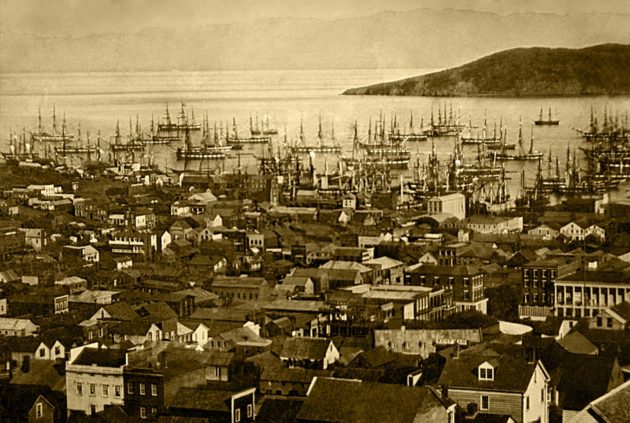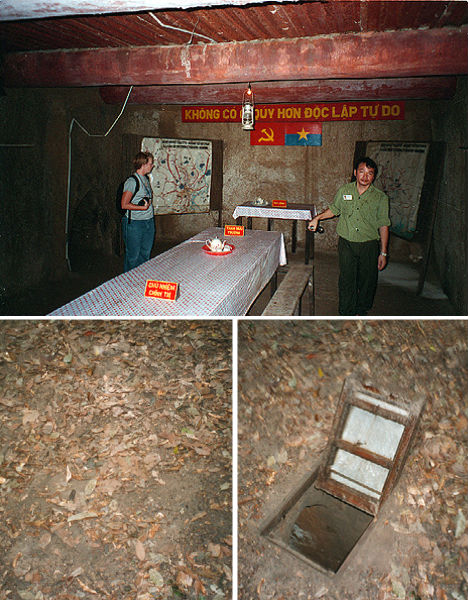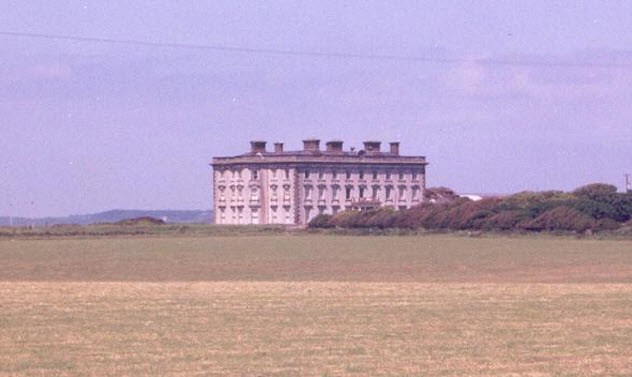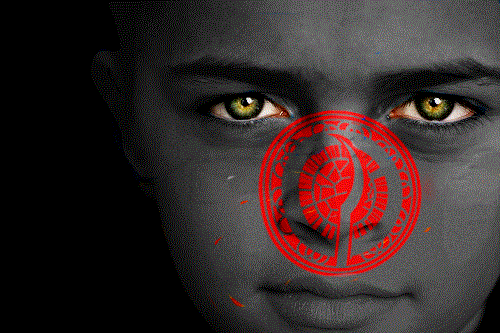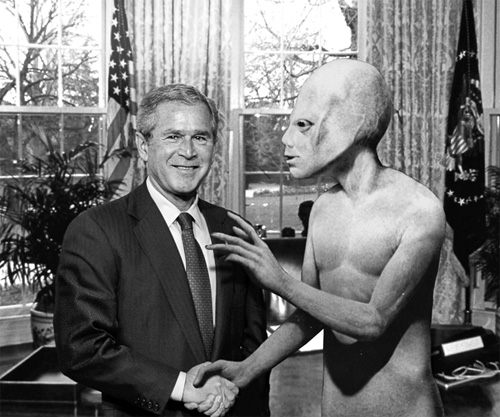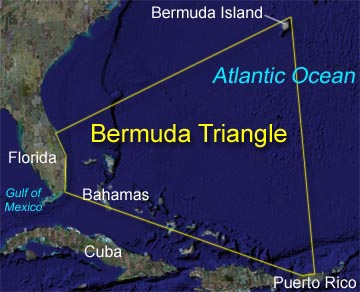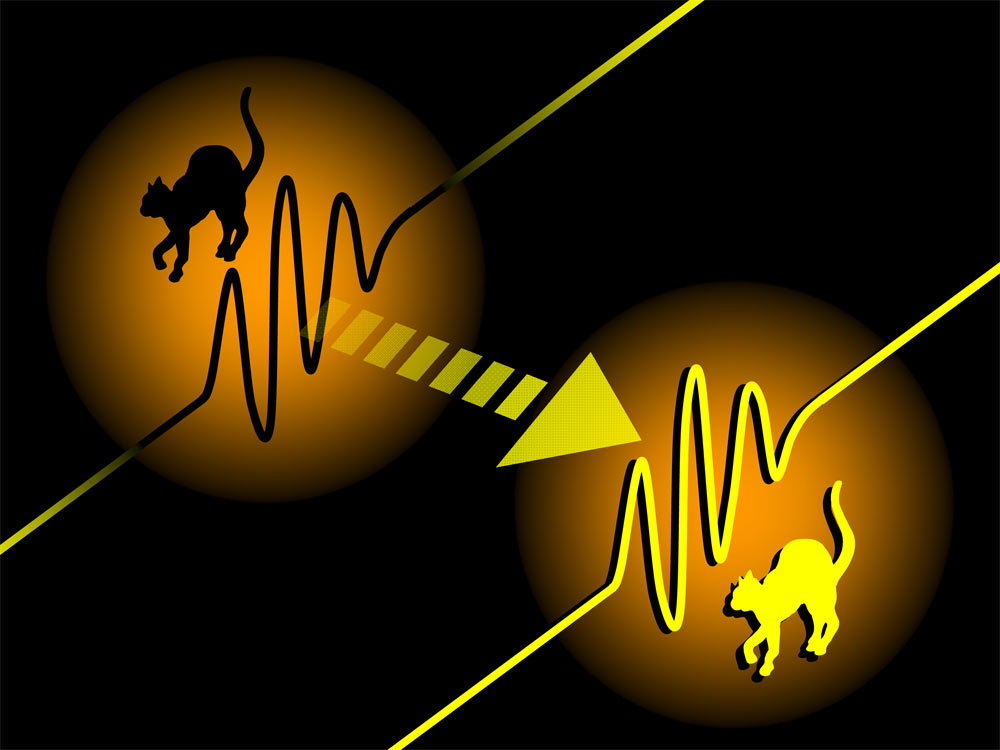Haunted Mansion – San Francisco
The towering residences of Russian Hill were quite the sight in the mid-1800s. For wealthy families, like Mr. and Mrs. J.P. Manrow, they were a symbol of wealth and stature. For Mr. Manrow, a successful civil engineer and noted brilliant mathematician, the house, fashioned as a Swiss chalet, was more than that — it was a refuge.
Well, it was for a while anyway.
When J.P. Manrow built his home on Russian Hill in San Francisco in 1851, he had no idea that it would house more than his family. Unfriendly spirits moved right in with him. Manrow, a civil engineer who made a fortune in California real estate, expected to live the high life. Instead, he found himself at the mercy of invisible pranksters. Troubling things happened from the family’s first day in the house. Something kept stealing objects and hiding them or moving them around. And there were unexplained rapping sounds coming from within the walls. The sounds disturbed and frightened the family at all hours of the day and night.
One day, around 1856, Mrs. Manrow’s sister and niece came to visit. They had been traveling around Hawaii (then often called “the Sandwich Islands”) and brought with them some unexpected baggage, as the Manrows soon found out. Soon, odd things began to happen around the mansion. Items flew around rooms unprovoked. The salt and sugar were often found switched in their dishes. Once, most alarmingly, Mr. Manrow narrowly dodged an axe thrown at him by no one while he was walking through the kitchen
Mrs. Manrow seemed to be the favorite target. She would come home from shopping, set her purchases down, turn away for a moment—and they would be gone. Later, she would find them in a strange place in the house. Once the family was rudely surprised by salt in the sugar bowl instead of sugar. The family soon tired of the tricks and weird noises, but the intrusions would not stop. They went on for years.
Ghostly problems
When two young friends arrived at the Manrow’s house one night, they were greeted by Mr. and Mrs. Manrow, as well as her sister and niece. Paul, quite excited to begin the seance, asked Mrs. Manrow if she was frightened.
“No,” she responded. “It was rather terrible at first, but we’re used to it now. In fact, I confess I am rather more annoyed and indignant than terrified. These spirits, or whatever they are, seem so childish and petulant that I cannot understand it at all…Today I bought an expensive bonnet downtown. When I got home I laid it upon the piano. The next moment I turned to look at it again, and just while my back was turned for an instant every feather had been plucked from the bonnet!”
As soon as the six of them joined into a circle around a table, “manifestations began to occur.” They heard knocking from every direction, and the table at which they were seated levitated a foot in the air. Then, “the whole apartment was thrown into commotion.”
The doorbell began violently ringing, sofa cushions were hurled about the room, and all six felt their hair pulled, their skin pinched and their limbs grabbed. Books flew off shelves, one of which struck one of the women. Paul briefly broke the circle to pick it up — a travel book — and put it on the table. It shot open, and he closed it, but it shot open again, revealing a singular bible passage: “Cannot ye discern the signs of the times?”
The six began to converse with the spirit through a series of knocks; at first, the ghost identified itself as James King of William. They called the spirit a fraud, and the second time, it revealed itself to be an old, dead Hawaiian woman named Capitana, thin and ugly, whom Mrs. Manrow’s sister had known while in Honolulu. Again skeptical, they compelled her to appear in a physical form.
At once, a bush outside began to shake against the window forcefully. The moon, almost full outside, beamed upon it as a figure appeared beside it, just for a flash.
Everyone ran to the window to get a closer look. Mr. Manrow, perhaps in disbelief, challenged Capitana to wake an employed servant sleeping in a different building. Barely had he uttered the words when the servant burst into the kitchen, terrified. Turning back to see him, a figure, in human form, rose from the ground. “Its countenance was so terrible, so repulsive, and so threatening, black and cruel, that the whole party fled in horror,” they reportedly recalled. Other items in the room flew through the air behind them. The men later said the figure was a “naked wraith, tattooed and dusty.”
The spirit then shot through the wall and out into the night, tearing a front gate in the process, and flinging it ten feet away.
Shocked and rattled, the six regrouped and then reformed the circle, asking to be joined by “kinder” spirits. This time, their experience was quite different:
“Immediately everyone was softly touched and caressed by many hands; their hair was smoothed and their cheeks patted by hands that became gradually visible, till sometimes a dozen were seen about a single person.”
Not content to accept the night’s activities as reality, Paul and Rhodes returned the next two nights, both times to experience similar events. More figures were seen outside the window, trying to speak, and sometimes succeeding in whispering.
On the last night, one spirit became particularly violent with Paul. He had been sitting in a chair in the corner of the room when suddenly, he was thrown from it. Grasping the arms of the seat, he tried to force his way back into it, but the ghost would not oblige, and ripped him away, forcibly throwing him onto the table.
Enough is enough!
By 1856 Manrow was at his wit’s end. He told a few friends about his ghostly problems. The men thought it would be a good idea to investigate. They decided to hold an amateur séance at Manrow’s home with their wives present. No one knew how to organize or control a séance, and the group got far more than they bargained for. The table levitated. Objects were tossed about the room. Everyone was pinched and had their hair pulled. The doorbell rang by itself. Most frightening of all was the appearance of a demonic-looking apparition outside the house. The horrible figure stared at them through a window.
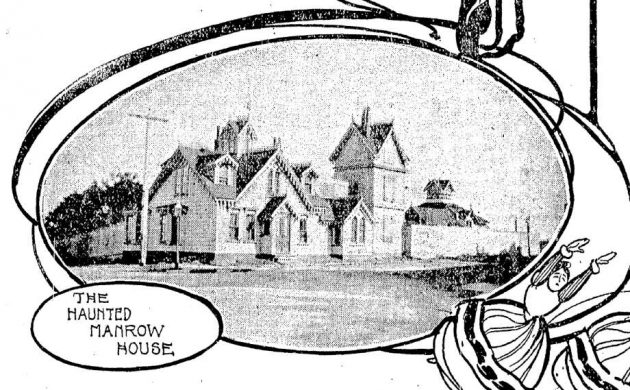
A local newspaper dubbed Manrow’s home the “House of Demons,” giving a colorful description of it : “If all the fiends in hell had combined their features into one master-piece of ugliness and revolting hideousness of countenance, they could not have produced a face so full of horrors. It was blacker than the blackest midnight that ever frowned in starless gloom over the storm-swept ocean.”
If this wasn’t terrifying enough, the group decided to hold two more séances. Once they attempted to ask “good” spirits to come and push out the bad spirits. All they did was stir up more violent poltergeist activity. After three séances they gave up. The Manrow family just put up with all the ghostly activity for the rest of their time in the house.
Originally posted 2016-11-09 10:13:38. Republished by Blog Post Promoter
Aloha, I’m Amit Ghosh, a web entrepreneur and avid blogger. Bitten by entrepreneurial bug, I got kicked out from college and ended up being millionaire and running a digital media company named Aeron7 headquartered at Lithuania.

